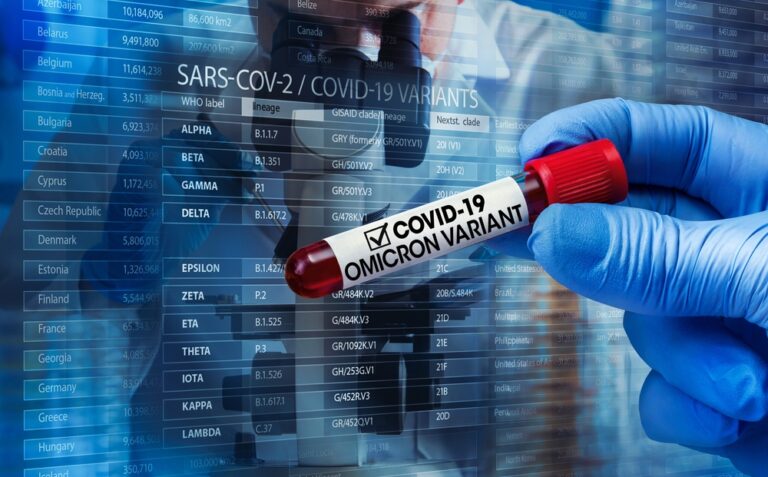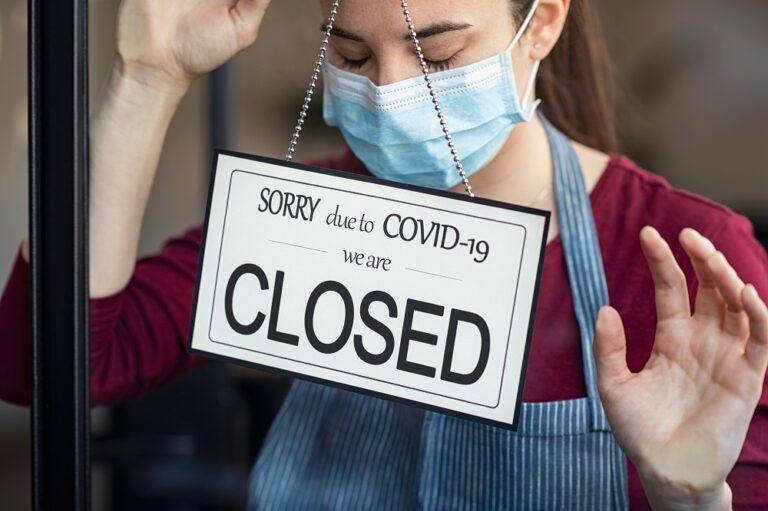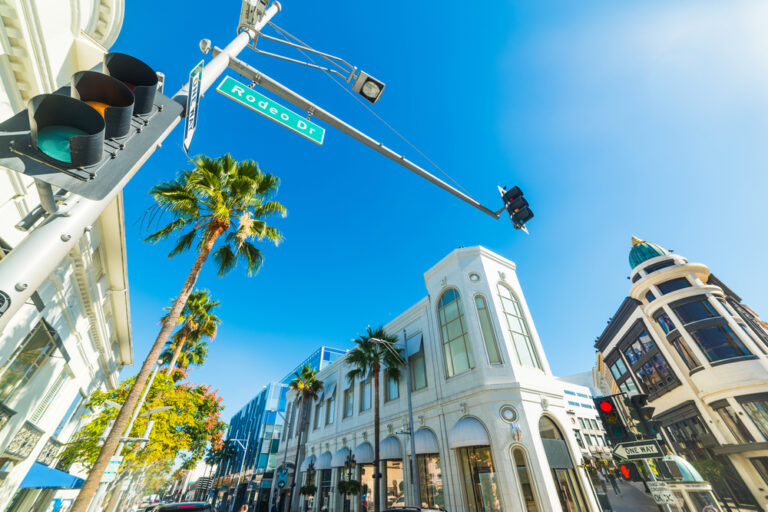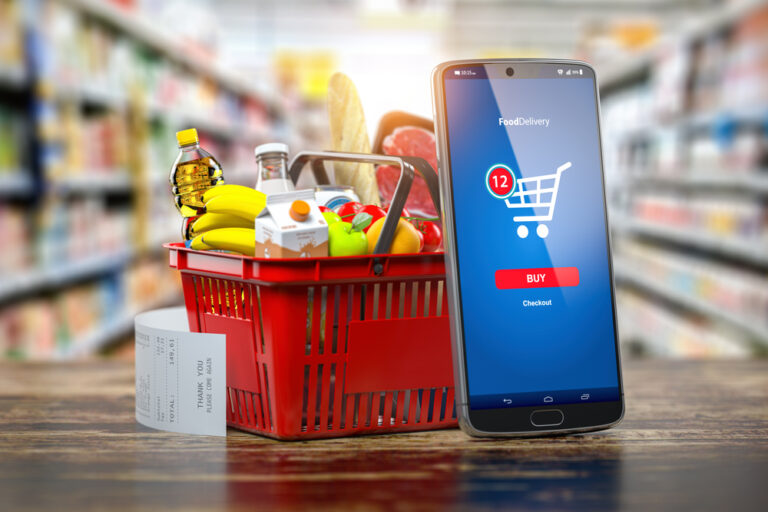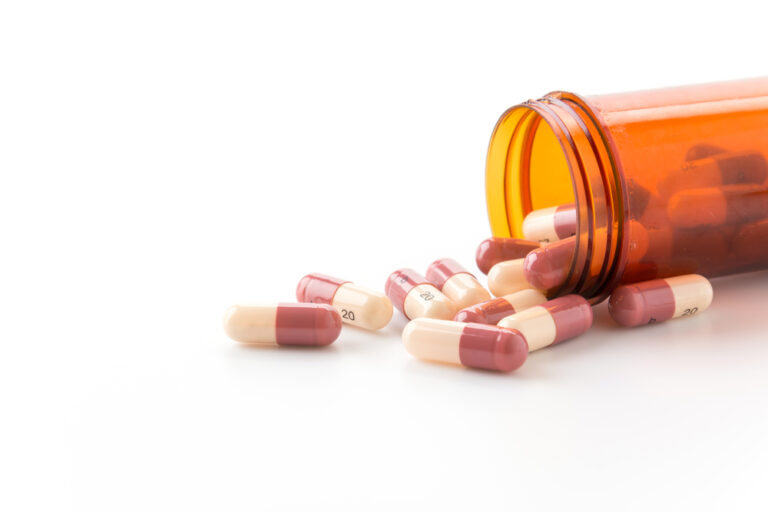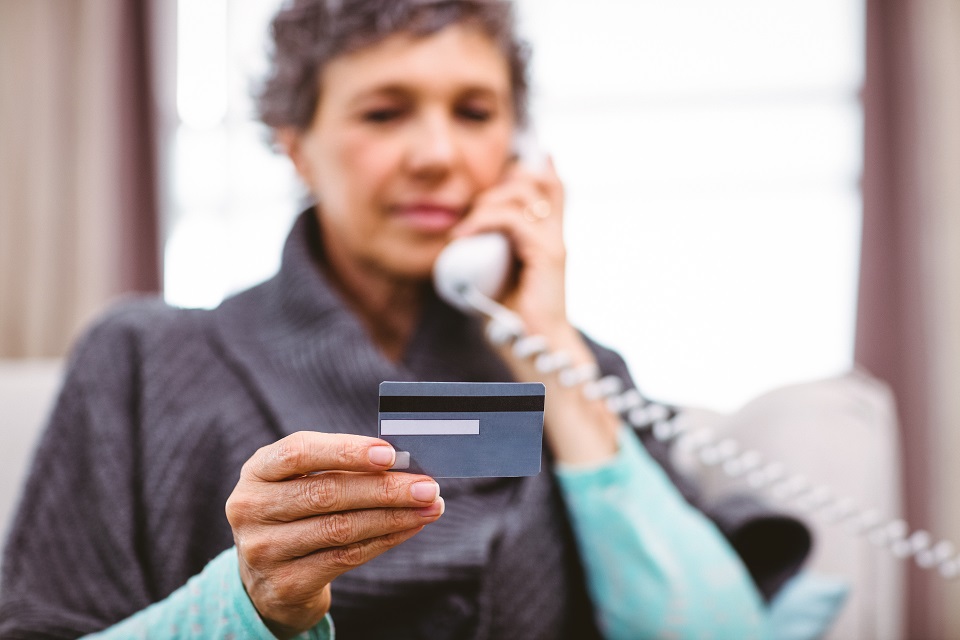
Unfortunately, some people are taking advantage of our current situation, trying to scam good citizens for different amounts of money or personal information. More and more people are falling for COVID-19 scams; in fact, according to the Federal Trade Commission, up until now, these type of scams have cost Americans $13.4 million.
Try to remember that virtually no federal agency will call, text or email you about your personal information such as Social Security number or bank account number. And even if the caller/scammer knows some pieces of information about you (such as your full name), it doesn’t mean that he or she is a trustworthy person.
Read on to discover some COVID-19 scams that tricked many people into giving away a lot of money.
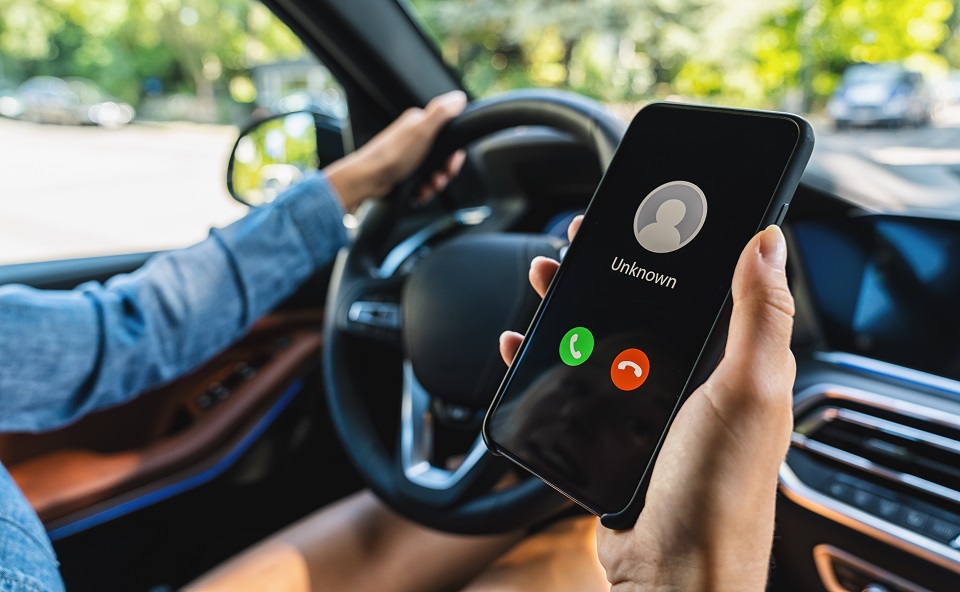
1. Contact tracer scams
A coronavirus contact tracer is someone who reaches out to persons who have been exposed to the virus. Note that a real contact tracer will only ask you for your full name, coronavirus-related health details, and specific pieces of information about where you’ve been in the last couple of weeks.
On the other hand, a fake contact tracer/a scammer will ask you for your Social Security number and other personal information. Hang up immediately if that’s the case! The minute you do so, file a complaint with the Federal Trade Commission.
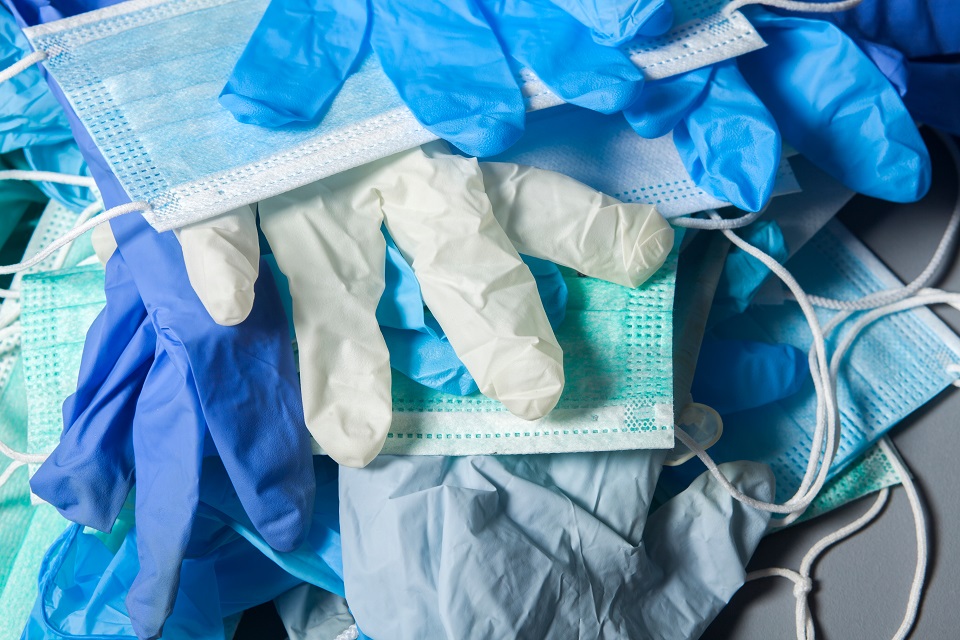
2. Unapproved medical equipment
A couple of months ago, the Federal Bureau of the Investigation cautioned medical providers about “unusual payment terms, last-minute price changes, last-minute excuses for delay in shipment,” and “unexplained source of bulk supply.” Plus, if a supplier claims that he has a product that can “prevent, treat, diagnose, or cure COVID-19” do not believe him.
According to Centers for Disease Control, at this point, there’s no cure approved by the U.S. Food and Drug Administration (FDA) to prevent or treat the novel coronavirus. So, such claims are definitely scams.
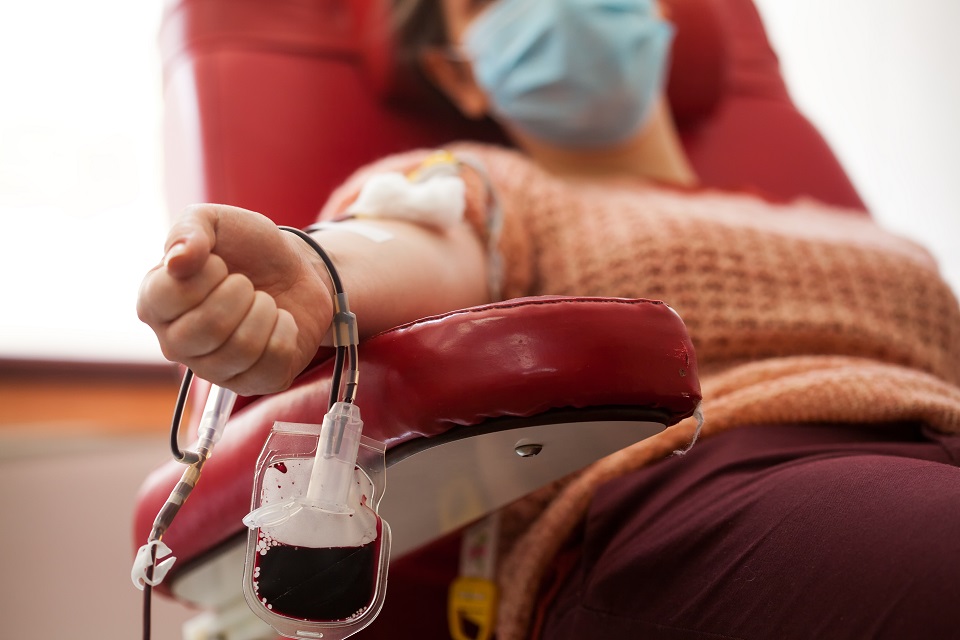
3. Blood from coronavirus survivors
Even if the convalescent plasma seems to have the best odds of winning the COVID-19 battle, the FDA has not authorized it, at least not yet. So, if someone calls you claiming he or she has blood from coronavirus survivors, hang up—it’s most definitely a hoax!
Plus, you should also think about the blood-borne diseases such as human immunodeficiency virus (HIV), hepatitis B virus (HBV), and hepatitis C virus (HCV) that could potentially be contaminating that blood. If you’re not sure about something, read the CDC guidelines.
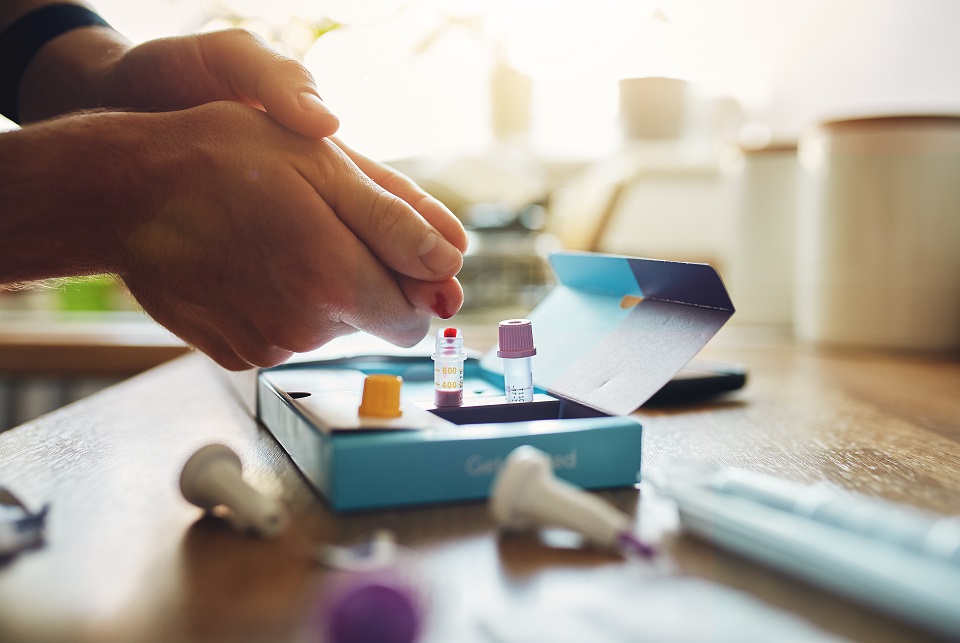
4. At-home COVID-19 test kit
There’s only one at-home COVID-19 test kit approved by the FDA, namely the Pixel by LabCorp COVID-19 Test home collection kit (its current price is $119). Do not buy other products that claim to diagnose the virus, because they aren’t approved by the FDA (at least not yet).
At-home COVID-19 testing kit scams involve calls with a COVID-19 testing kit offer. The scammer will request some personal information too such as Social Security number and bank account number. Unless the call is from your attending physician, do not give your personal information.
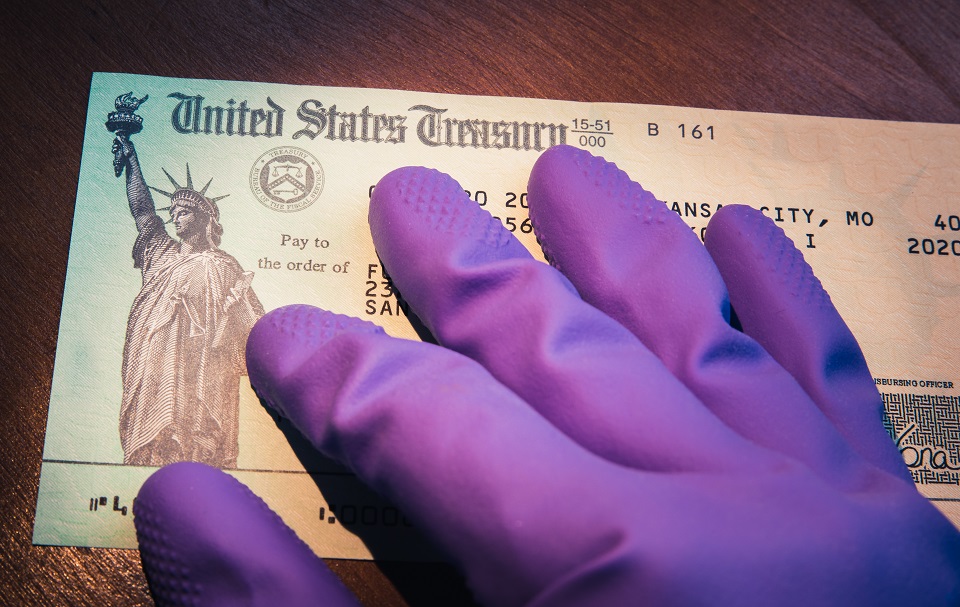
5. Stimulus scams
“Be wary of calls claiming you received an overpayment of the stimulus money and demanding a ‘refund’ of the difference,” says the Internal Revenue Service (IRS). Remember that you can’t get more money, get your stimulus check faster, or get a second one.
“Criminals try to take advantage of our most vulnerable times and our most vulnerable populations. But because we have seen many of these criminals and schemes before, we know how to find them, and we know how to expose them,” said Don Fort, Chief of IRS Criminal Investigation.
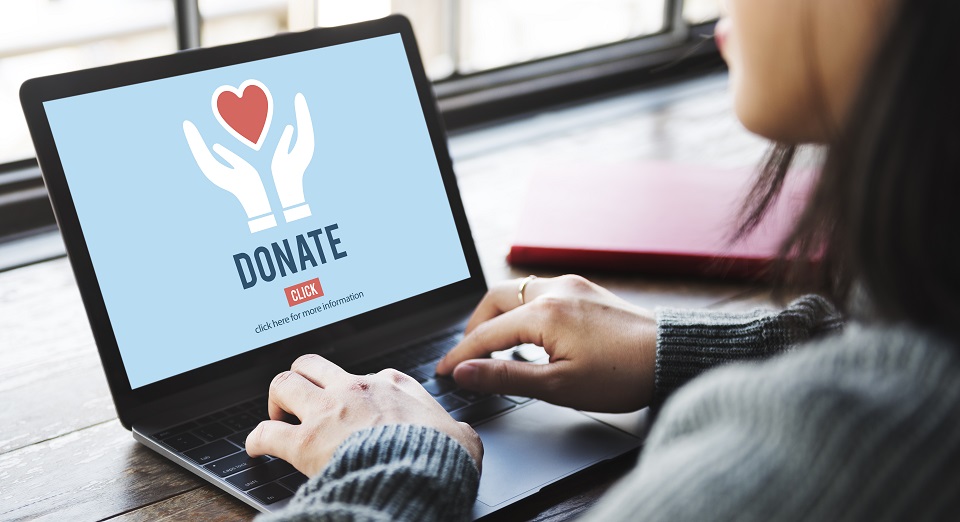
6. Donation scams
According to the Department of Justice, “law enforcement has seen an increase in social media scams and telephone calls fraudulently seeking donations for illegitimate or non-existent charitable organizations requesting you to enter your bank account information.”
Scammers exploit your kindness and compassion to others by creating fake charities. To avoid this type of scam, visit a site like Charity Navigator where you can easily verify a non-profit organization.










